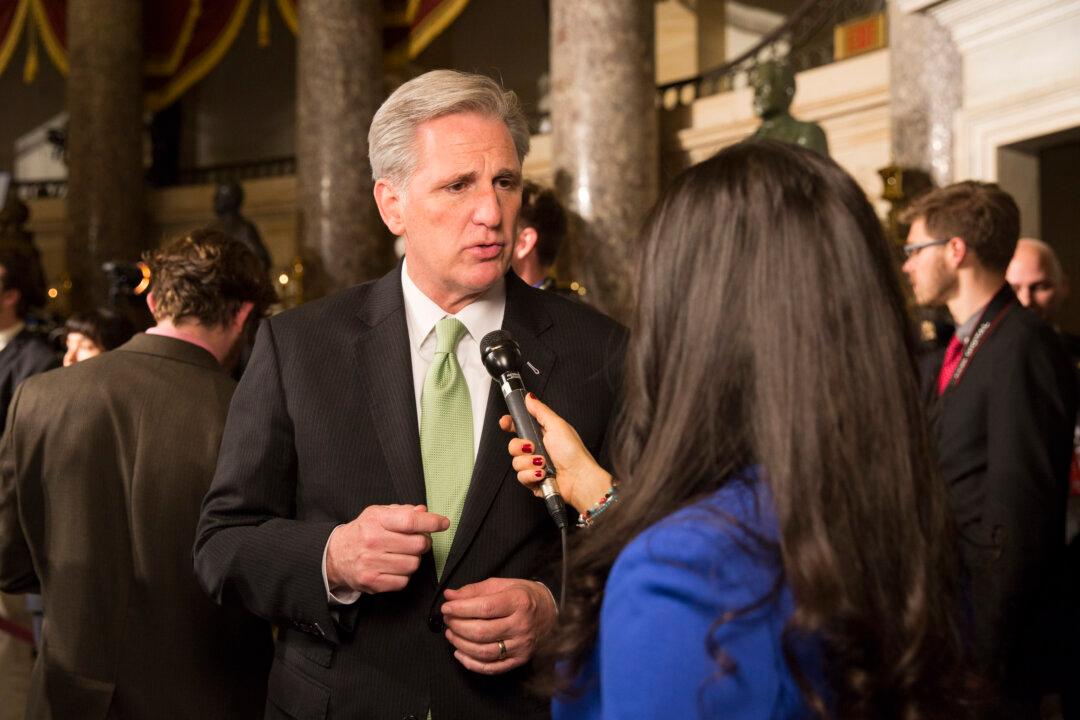The current impasse between President Joe Biden and the GOP-controlled House of Representatives over the debt ceiling could wind up costing taxpayers more in interest payments, even if the country does not go into default, and will certainly increase interest rates if it does, experts warn.
“I’m very concerned about the debt ceiling,” House Speaker Kevin McCarthy (R-Calif.) said on April 5, citing the rising cost of servicing the $31.4 trillion national debt and President Joe Biden’s unwillingness to enter into negotiations over raising the statutory limit while at the same considering unspecified spending cuts.





